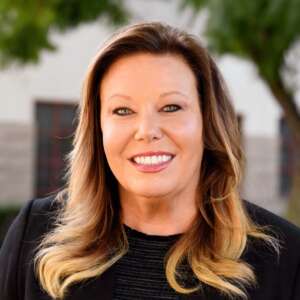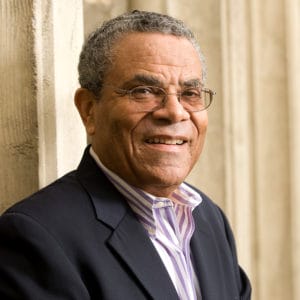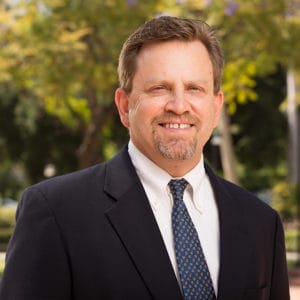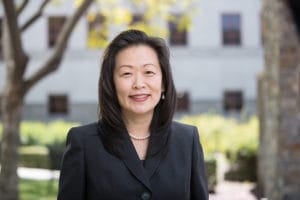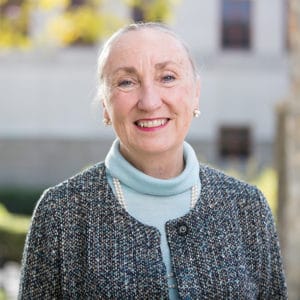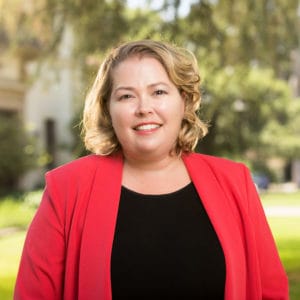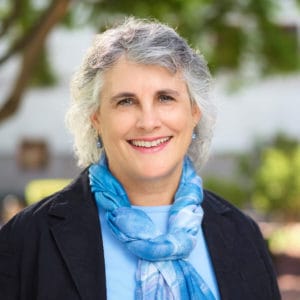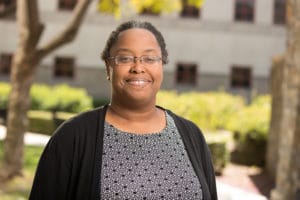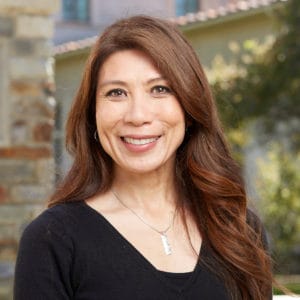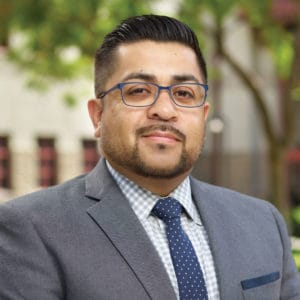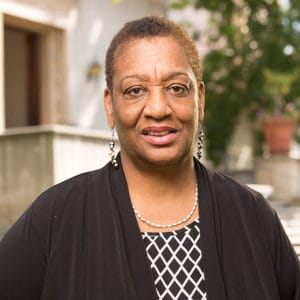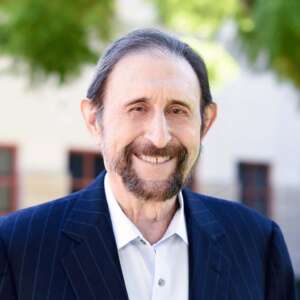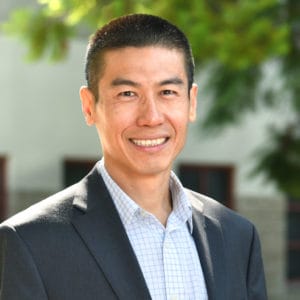A cornerstone of strong communities are strong schools, and a cornerstone of strong schools are educational leaders who have the passion, commitment, and skills needed to promote educational equity and excellence among diverse groups of students. These are the educators CGU selects for our Urban Leadership (UL) program.
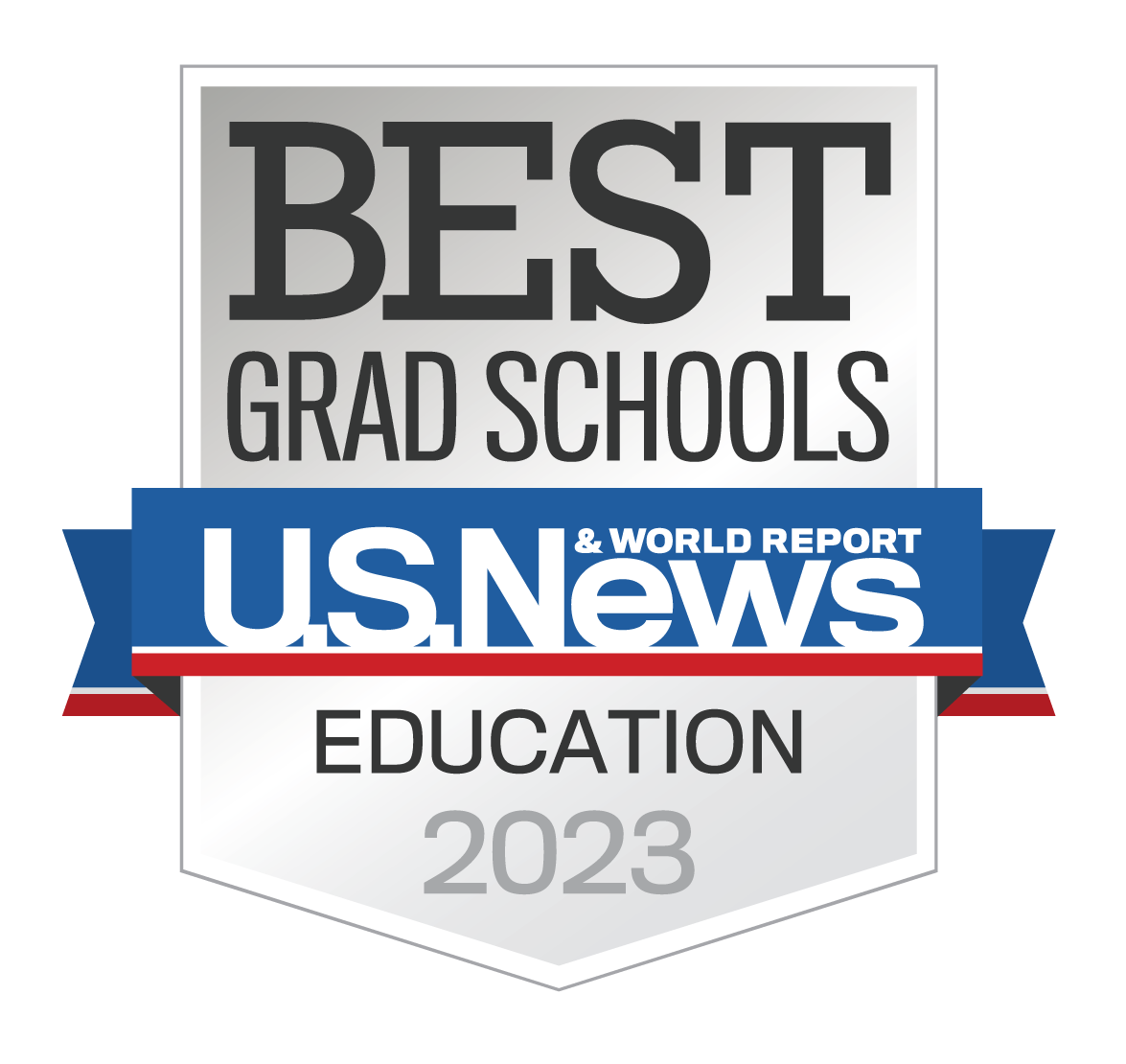 The School of Educational Studies’ UL program is specifically designed for experienced educators with 5+ years of experience in education who want to assume leadership positions in California’s school districts, county offices of education, and community colleges. Alumni of the program have used their CGU experience to propel themselves into careers as superintendents, chief academic officers, community college presidents, and elected officials.
The School of Educational Studies’ UL program is specifically designed for experienced educators with 5+ years of experience in education who want to assume leadership positions in California’s school districts, county offices of education, and community colleges. Alumni of the program have used their CGU experience to propel themselves into careers as superintendents, chief academic officers, community college presidents, and elected officials.
Because the UL program’s cohorts are comprised of working educators, the urban leadership seminars are intensely relevant as your fellow students articulate the trends and phenomena they are experiencing. Your faculty shape the dialogue by helping the group understand these issues in terms of organizational and change theory, historical context, and research. Out of this synergistic exchange comes a deep conceptual understanding and applicable insights to address current and yet-to-be-identified issues. This design model develops true scholar-practitioners.
Leading to a PhD, the UL program prepares you to be a school leader that deeply engages in problems of practice with an adaptive dynamical mindset. This type of perspective-taking develops your knowledge of theoretical frameworks and research skills needed to promote educational justice. In turn, you will accelerate your ability to work with diverse and multiple stakeholders, and foster strength and excellence in our schools and communities.
Program Highlights
- Earn a PhD instead of an EdD.
- Benefit from coursework that is custom-designed to meet the needs of educators wanting to promote educational equity and excellence through leadership positions in California’s school districts, county offices of education, and community colleges.
- Enjoy a cohort structure that facilitates the development of a lifelong network of educational change agents working throughout California.
- Take advantage of courses that are offered at times to meet the schedules of working professionals. UL cohort classes are held on select weekends (Friday evenings and Saturdays. Discounted rates are available at a local hotel for those who want to stay in the area). You will also have access to additional flexible courses designed to meet the needs of UL students.
Program At-a-glance
-
72 units
required units
-
PhD in Education
degree awarded
-
In Person
modality
-
Fall
program start
-
4-6 years | full time*
estimated completion time
